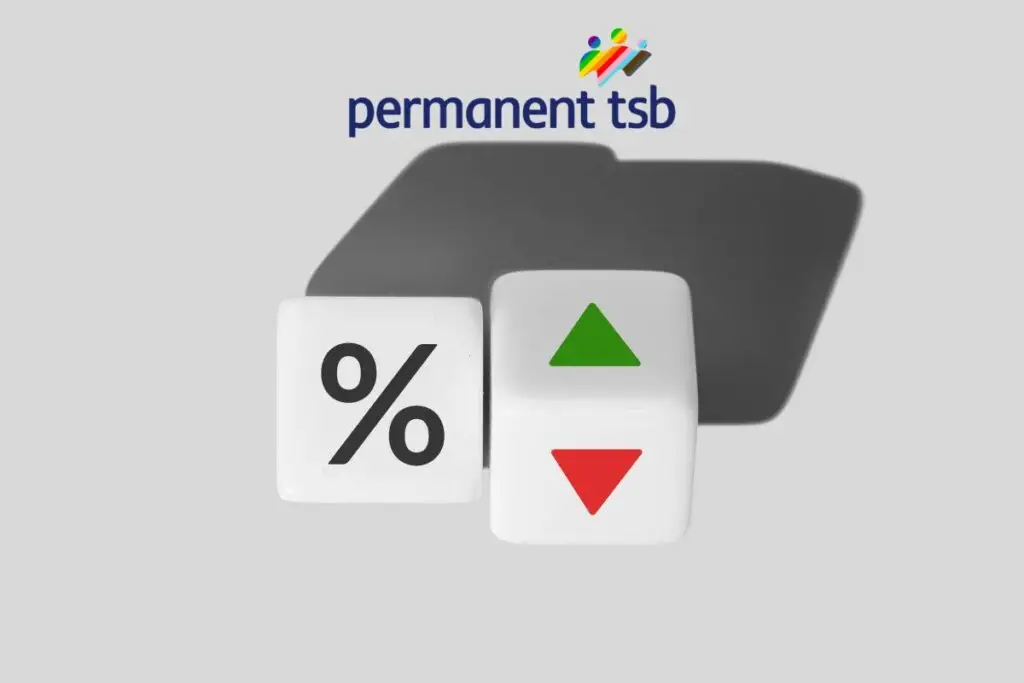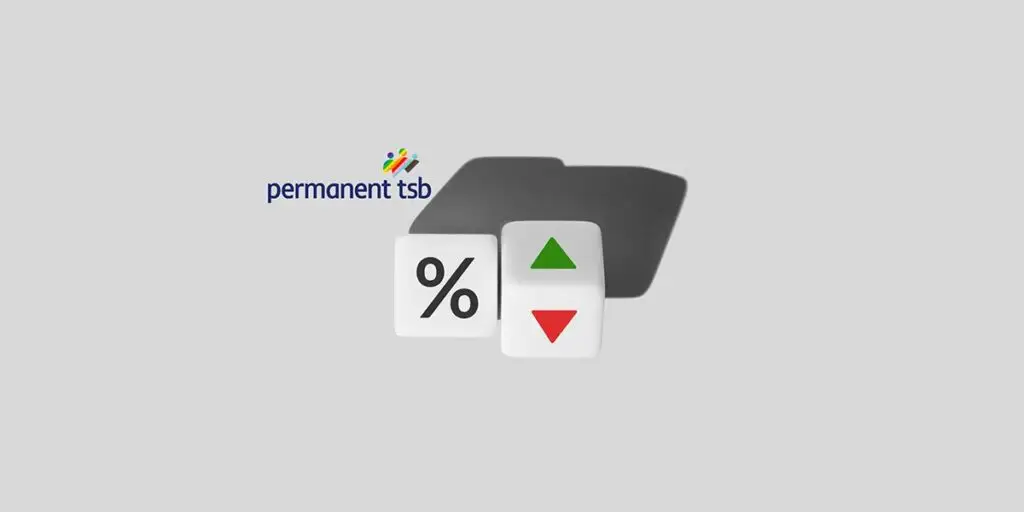As the European Central Bank (ECB) recently implemented rate cuts, many Irish mortgage holders are contemplating refinancing to benefit from potential savings on interest payments. However, the expectations around how much, and how quickly, Irish mortgage rates will decrease in response to these ECB reductions may need adjustment.
Understanding the ECB Rate Cuts’ Impact on Irish Mortgage Rates
European Central Bank rate cuts do generally lower borrowing costs across the eurozone, including for Irish borrowers. However, mortgage holders should note that reductions in the ECB rate do not guarantee an equivalent drop in bank-offered mortgage rates. In fact, while the European Central Bank raised rates significantly over a 1-year period or so to late 2023 (from 0% to 4.5%), the average increase in mortgage rates in Ireland was more modest, rising by approximately 1.5%. Similarly, recent cuts may only have a partial or delayed impact on Irish mortgage rates. Each bank evaluates its own lending rates based on operational costs, financial policy, and other factors. This means that ECB rate changes don’t always immediately translate to the same changes in customer rates.
Fixed vs. Variable Rates: Choosing the Right Option Amid European Central Bank Rate Cuts
Switching to a variable rate might seem appealing for mortgage holders currently on fixed rates that are set to expire. Particularly if further European Central Bank rate cuts are anticipated. A variable rate mortgage adjusts according to the market. This potentially allows customers to benefit from any future decreases in rates. However, this choice involves risk, as rates can rise again.
European Central Bank changes its course or if inflation pressures persist.
Another consideration is the range of competitive fixed-rate offers now available on the market. Many lenders have lowered their medium-term fixed rates, and some are also providing attractive incentives, such as cash back offers. For example, some three-year fixed-rate options currently have lower interest rates than standard variable rates. These options provide both cost savings and the security of fixed repayments over the chosen period.
Timing and Other Considerations for Refinancing
For those interested in refinancing, timing is key. While many expect mortgage rates to follow European Central Bank reductions, it’s worth noting that Irish banks often adjust rates slower and less directly in response to ECB changes. This delay means that borrowers may not see immediate alignment between European Central Bank decisions and their own mortgage rates. That said, customers refinancing now may still benefit from upcoming reductions if the loan isn’t fully processed or drawn down until after rates are adjusted.
In addition, the Irish lenders are very keen on refinance mortgage business. Especially, given the certainty it brings in terms of quicker processing times-lines etc. compared with the more traditional purchase timelines including waiting on customers who may/may not go sale agree etc. As such, many have incentives to switch such as up-front cash-back offers. These offers should cover any switching costs such as legal fees, valuation fees and with a little to spare!
Refinancing decisions should also weigh individual financial goals and personal circumstances. Some lenders even have different offerings for existing customers compared with their new business customers. These can be higher OR lower! Factors such as the property’s loan-to-value (LTV) ratio, home improvements (which can impact valuation and the energy efficiency rating), and anticipated plans for the property all contribute to the suitability of a particular mortgage product.
Final Thoughts for Advisors and Clients
While it’s natural to aim for the lowest possible rate, waiting indefinitely for reductions can lead to missed opportunities. Advising clients to stay informed on market trends and consider competitive fixed-rate products, especially those offering added benefits, can be useful in times of market volatility. By carefully reviewing both variable and fixed-rate options—and understanding the limitations of each—borrowers can make more confident, informed refinancing choices.



